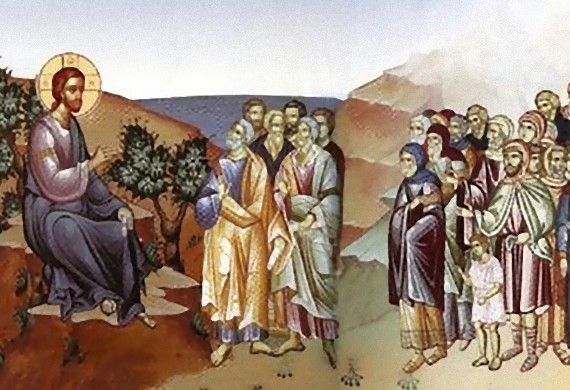(Luke 6, 31-36 )
When you receive the love of God, you change
In today’s Gospel reading from the Sermon on the Mount, the Lord says to us: “And just as you want men to do to you, you also do to them likewise.” And He continues: “But if you love those who love you, what credit is that to you? For even sinners love those who love them. And if you do good to those who do good to you, what credit is that to you? For even sinners do the same.”
We see here that the Lord is merciful and compassionate. Yes… He loves enemies, loves sinners, loves everyone, regardless of who each person is. And when you receive the love of God, you change. You become as God is. If at the end of the day certain people are not saved, it does not mean that God did not love them. Rather, they would not receive the love which God offered.
Love makes you transcend yourself. When you put yourself and your self-love at the center of your life, you can’t love your neighbour. And if you offer him something, you do it with ulterior motives so that you’ll receive something in return.
The status-quo of self-worship lives and reigns within us. Say whatever you want about needing to love your neighbour or even your enemies, or about needing to sacrifice for others. Whatever you might say, your “ego” still lives and rules within you. In fact, your actions will be self-centered and self-interested. If this fortress where the “ego” rules supreme is not torn down, along with the entire rebellion of a person against God, then he cannot truly love.
It is not for nothing that the Apostle Paul says: “Ιt is no longer I who live, but Christ lives in me” (Gal. 2:20). A man feels, a man lives, a man experiences Christ reigning within him. He does not rule himself, and his “ego” does not dominate him. This is exactly what the Lord says: “If anyone desires to come after Me, let him deny himself” (Matt. 16:24).
If we are honest and truthful, if we desire to see and speak the truth, then none of us should have difficulty saying: “Even the best things I do always begin from self-interest and from a self-centeredness.”
Holy Hesychasterion “The Nativity of Theotokos” Publications.
Archimandrite Symeon Kragiopoulos

